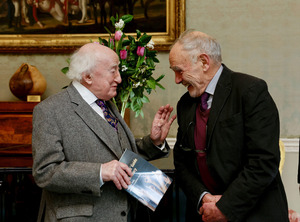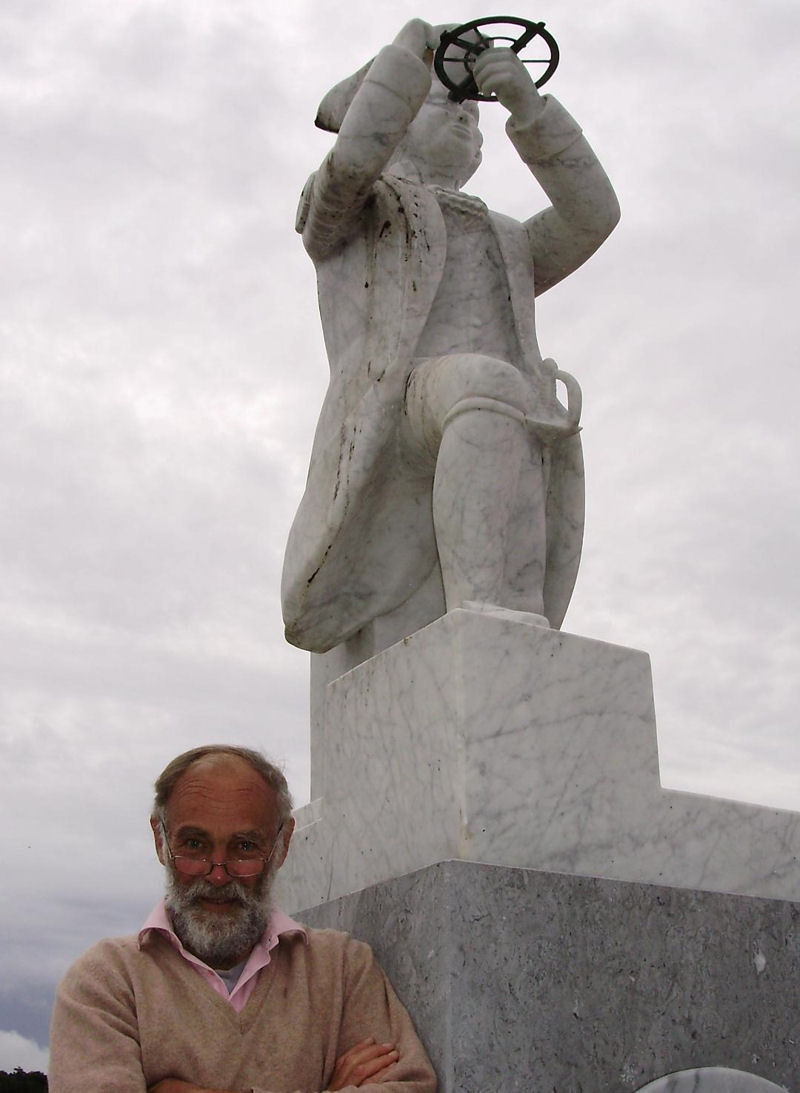The Punters' Guide to Democracy, (Springer, Heidelberg), is due to be published later this summer.
1 “…the West's relentless pursuit of binary voting… has been a cause of countless tragedies. This book is brilliant: political controversies should rarely if ever be 'resolved' by majority vote.” Arend Lijphart, Professor Emeritus of Political Science, University of California, San Diego, USA.
2 “[for] those who do not believe in a black-or-white world… a very important and extremely timely contribution…” Věra Stojarová, Associate Professor of Political Science, Masaryk University, Brno, Czech Republic.
3 “Peter’s challenge to the binary “win-lose” approach is urgently necessary, as is his proposal for an eminently more reasonable, accountable, and participatory system.” Dr. Valery Perry, Democratization Policy Council, Sarajevo, Bosnia.
4 “…the preferential points vote… would be the more accurate way to make decisions, and the consequences far more peaceful.” Lord Boyce, House of Lords, Westminster, Britain.
5 “He builds a case for a specific version of preferential procedure, not only for elections, but for decision making as well.” Hannu Nurmi, Professor Emeritus of Political Science, University of Turku, Finland.
6 “A particularly strong plea in favour of voting procedures… which go far beyond the usual 'yes or no' ballots. [He uses] an alert prose and a wealth of illuminating and easily graspable examples.” Maurice Salles, Emeritus Professor, Université de Caen, France. (See 2022-1.)
 Tuesday, January 31, 2023
Tuesday, January 31, 2023  The Punters’ Guide to Democracy was presented to the President, Michael D Higgins, on Wed 8th Feb in Áras an Uachtaráin. See also 2022-8 and '22-1, and
The Punters’ Guide to Democracy was presented to the President, Michael D Higgins, on Wed 8th Feb in Áras an Uachtaráin. See also 2022-8 and '22-1, and Deborda | Comments Off |
Deborda | Comments Off | 


